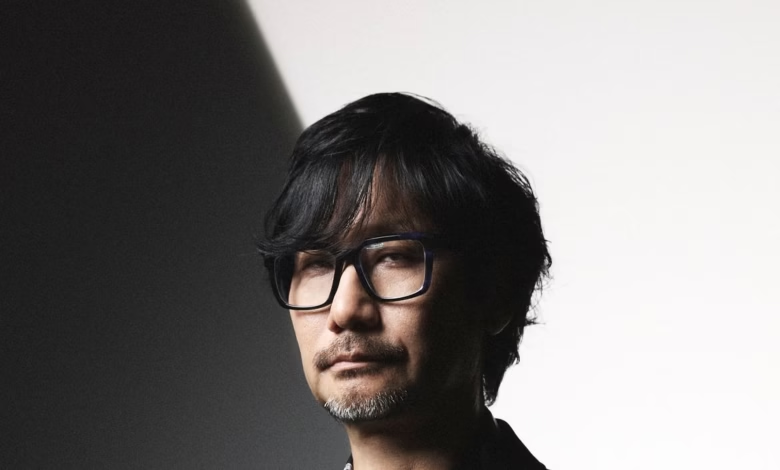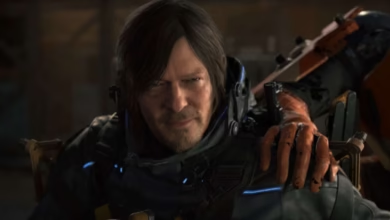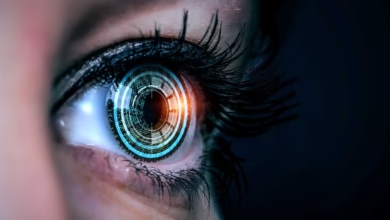How Covid-19 Shaped Hideo Kojima’s Death Stranding 2 Vision

▼ Summary
– Hideo Kojima revealed that Covid-19 drastically altered his original concept for Death Stranding 2, shifting its themes of connection and isolation.
– The first Death Stranding’s message about human connection unexpectedly mirrored the pandemic’s impact, which surprised Kojima.
– Death Stranding 2, set for release on June 26 for PlayStation, explores revised themes influenced by the pandemic’s effects on human interaction.
– Kojima criticized the pandemic-driven shift toward virtual interactions, arguing it diminished genuine human connections and serendipitous encounters.
– The game’s updated narrative reflects Kojima’s pandemic-era realization that excessive digital connection might not be entirely positive.
The global pandemic dramatically reshaped Hideo Kojima’s creative vision for Death Stranding 2, transforming the sequel into a deeper exploration of human connection in a digitally isolated world. The acclaimed game director revealed how Covid-19 forced him to reconsider the core themes of his upcoming title, originally conceived before the outbreak.
Kojima described how the first Death Stranding launched just months before the pandemic, eerily mirroring real-world events. “The game’s message was about bridging divides, urging people to unite rather than isolate,” he explained. “Then suddenly, the world faced an actual crisis where physical connections were severed, yet digital ones thrived.” This unexpected parallel made him rethink the sequel’s direction entirely.
During development, Kojima observed how society adapted to lockdowns through technology. “The internet became our lifeline, like the Chiral Network in the game,” he noted. Remote work, virtual concerts, and online education replaced physical interactions, accelerating trends toward a metaverse-like existence. But for Kojima, this shift raised concerns. “Human connections shouldn’t be reduced to screens. Chance encounters, unplanned moments, these are what make relationships meaningful.”
The pandemic’s impact led him to overhaul Death Stranding 2’s narrative. Originally planned as a continuation of the first game’s themes, the sequel now grapples with the paradox of digital connectivity, how it both sustains and distances us. “I realized constant connection isn’t always positive,” Kojima admitted. The revised story reintroduces his “stick-and-rope” philosophy, emphasizing balance between reliance on technology and the irreplaceable value of face-to-face bonds.
Fans can expect these reflections to play out through the game’s characters and world. One figure, in particular, will embody Kojima’s own pandemic-era doubts, serving as a narrative anchor for players. Set for release on June 26 for PlayStation, Death Stranding 2 promises to challenge players with its timely, thought-provoking themes, a testament to how real-world events can reshape art in unexpected ways.
(Source: Wired)



